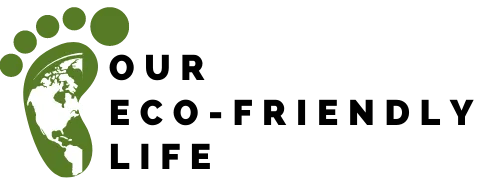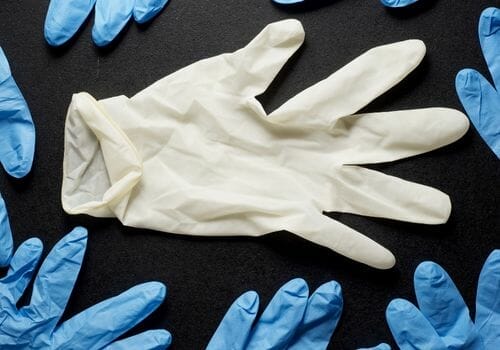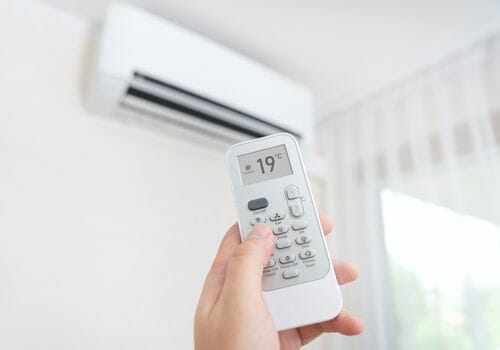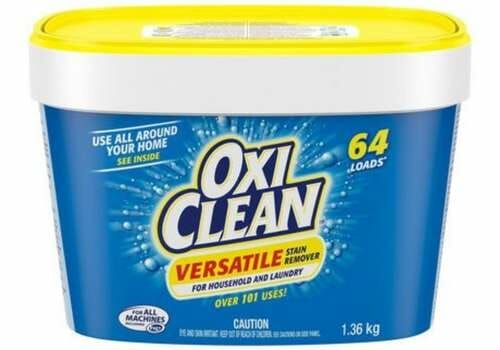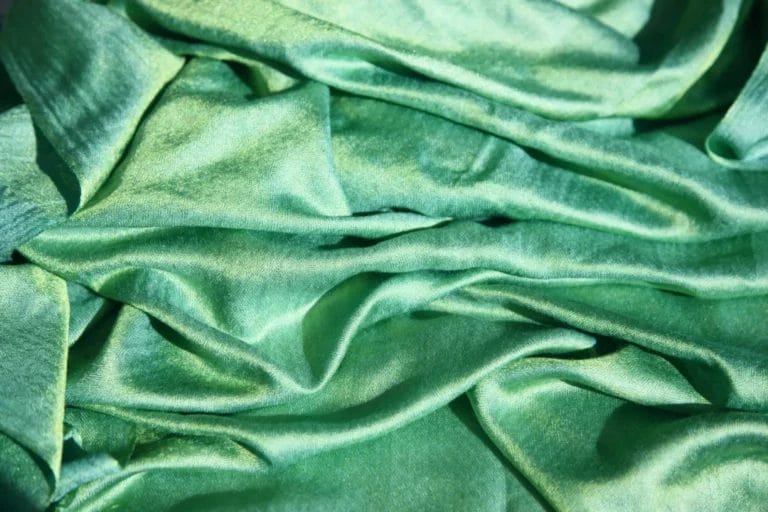The Best Loofah Alternative That Keeps You & The Environment Clean
Looking for a loofah alternative that doesn’t damage the environment? Look no further! Check out our eco-friendly options that will keep you clean and safe.
As the world becomes increasingly aware of the significant environmental consequences of loofahs, more people are looking for a loofah alternative that is still effective in keeping your skin clean. One excellent loofah alternative is a washcloth that has been made from natural materials like cotton, linen, and hemp.
Advantages of Using Washcloth – An Eco-Friendly Loofah Alternative
Not only do these materials allow for smooth exfoliation without shredding like loofahs, but they also facilitate superior absorption – meaning you can use less soap and shampoo when lathering up. Aside from helping keep yourself squeaky clean, using a washcloth as a loofah alternative also helps contribute to the preservation of the environment.
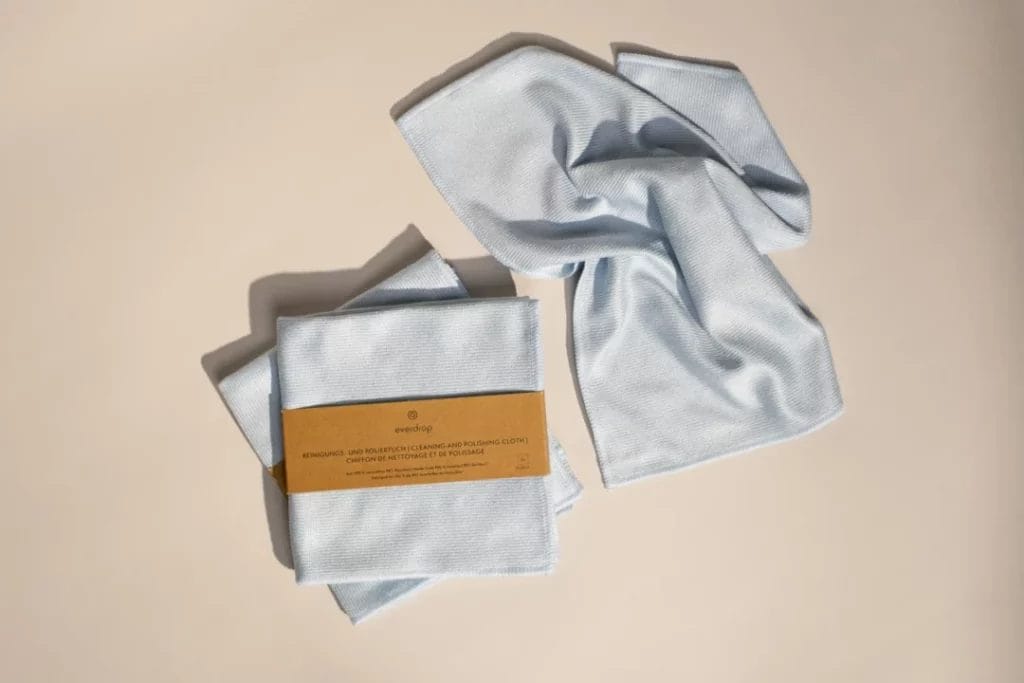
By avoiding plastic loofahs, we reduce our consumption of plastic and microplastics, thus preventing those materials from entering our oceans and disrupting marine life cycles. Ultimately, switching to an alternative loofah is beneficial to everyone involved – yourself AND the environment.
Why Is Exfoliation Important?
Exfoliation is an essential part of any skincare routine. It helps slough off dead skin cells that can lead to dull, dry skin and block the absorption of other products.
Get Your Hand on Your Eco-Friendly Living Starter Guide!
Exfoliating regularly opens up pores and gently buffs away oils that can clog them, helping promote a healthy complexion. Exfoliating even helps control skin blemishes like acne and assists in evening out skin tone by encouraging a revitalizing glow on your face.
When used as part of a regular plan, exfoliation can result in youthful-looking and softer skin in every area of the body. It also works to reduce wrinkles, age spots, and other signs of tired or stressed-out skin while stimulating blood flow which boosts healthy cellular activity.
Be sure to use an appropriate exfoliant for your skin type; this will ensure that its beneficial effects aren’t outweighed by the potential risks of over-scrubbing or over-exfoliating. Taking this extra step for your beauty regimen gives you fresh, clean-feeling results worth celebrating.
The Importance of Removing Dead Skin Cells While Bathing
Proper bathing is essential not only for physical cleanliness but also for healthy skin. For this reason, removing dead skin cells in the shower is an important step in any bathing routine.
Dead skin cell removal can be done with the help of exfoliating tools or body scrubs, depending on preference. Doing so helps to clean deep into your pores that would otherwise remain blocked with dirt and oil.
Additionally, it will prevent dryness and flaking while also allowing moisturizers to work more effectively. Keeping our skin free of build-up and dead layers can also reduce symptoms of certain skin conditions, such as acne, psoriasis, and eczema, due to increased oxygenation of the cells. Removing dead surface cells while bathing is therefore vital to keeping healthy, glowing skin.
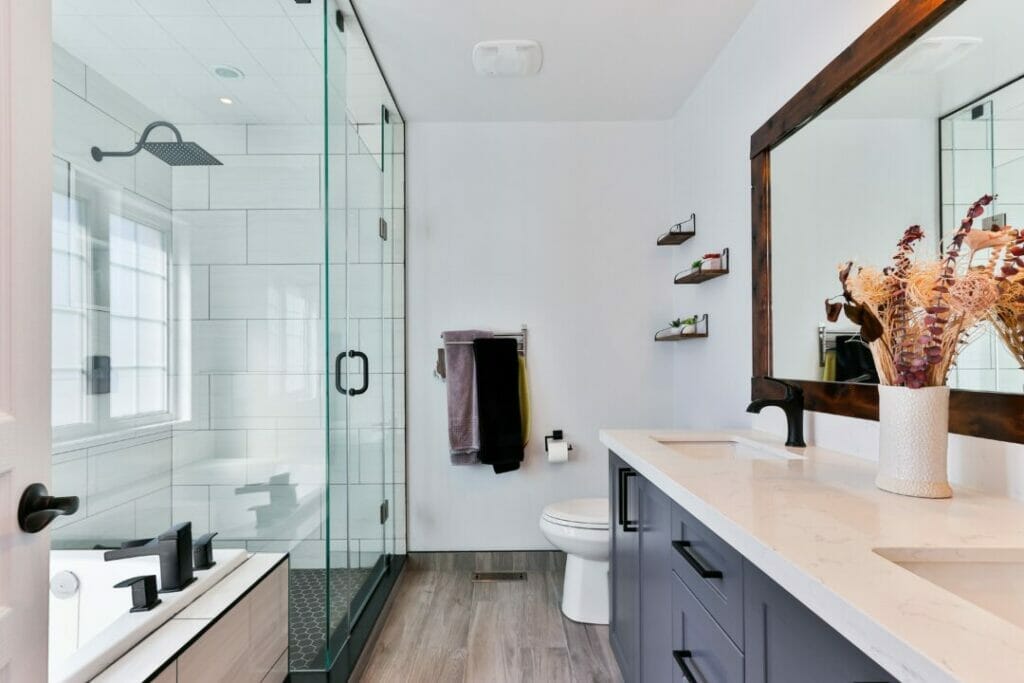
Is Washcloth Better Than Loofah for Sensitive Skin?
For those with sensitive skin, comparing washcloths and loofahs can be a difficult decision. While both tools can effectively cleanse your skin, there are several key factors to consider when making the choice.
First, a washcloth is much gentler than a loofah, making it ideal for people with delicate skin. With its soft texture and smaller size, it won’t irritate or scratch your skin like loofahs sometimes can.
Additionally, washcloths tend to dry out faster as they are adept at absorbing water while they are in use. This makes them a better choice if you’re looking for something that is easy to maintain and keep clean between uses.
Lastly, given their generally low cost and lightweight design, washcloths are highly convenient to store or take on the go if needed. After weighing all the advantages, it’s clear why many people with sensitive skin choose washcloths over loofahs.
Ideal Materials for a Washcloth
An ideal washcloth should be soft and gentle, but also durable and able to handle frequent laundering. Natural materials such as cotton, bamboo, and modal are excellent choices for washcloths since they are plastic-free, soft on the skin, has good absorption capabilities, and are strong enough to withstand multiple wash cycles.
Microfiber is another option often used for face towels or exfoliating cloths due to its extreme absorbency and lightweight qualities. While microfiber can also be found in cloths made of natural fibers, it’s typically blended with synthetic fibers like polyester or nylon as well.
No matter the material chosen, an ideal washcloth should deliver just the right balance of comfort and strength that is able to stand up over time.
Other Eco-Friendly Loofah Alternatives
Fortunately, the market is now full of reusable and biodegradable loofah alternatives made from natural materials such as bamboo, natural sisal hemp (used for sisal shower sponge), agave fibers, wooden beads, or cotton strings. Many of these alternatives can be used safely on the face and body, offering gentle exfoliation and leaving your skin feeling cleansed and refreshed.
With your awareness and investment into these more sustainable alternatives you are contributing directly to a healthier future for our planet. Act now—it’s never too late!

Are There Eco-Friendly Loofahs?
There is an increased awareness of the need to protect the environment, and more people are looking for eco-friendly solutions for everyday items. Loofahs are a popular exfoliating product, but many do not realize that they can also cause harm to the environment.
Non-natural loofahs are often made from plastic, and this plastic may not biodegrade. Eco-friendly options are available and can provide excellent exfoliation without damaging the environment.
These natural loofahs include loofahs made from vegetable fibers, such as bamboo or rice husk – both of which are sustainable materials. Additionally, natural loofah is often machine washable and reusable making it an even more environmentally conscious choice than regular non-biodegradable plastic loofahs. There’s never been a more important time to take care of our planet, so why not start caring for it with something as simple as your body brush?
Best Loofah Alternatives: A Summary
Over the years, loofahs have been a popular and effective item for keeping skin healthy and clean. However, if you’re looking for something else to use to get the dirt off, there are plenty of great alternatives out there. From sponges made from natural fabrics like ramie or jute to commercially-available scrubbing cloths or mitts, durable materials can be quite effective without irritating your skin.
For those who are environmentally conscious, buffing fabrics that contain bamboo charcoal could be an excellent choice due to its biodegradable material and antimicrobial benefits. Consider all these options next time you reach for your loofah!
